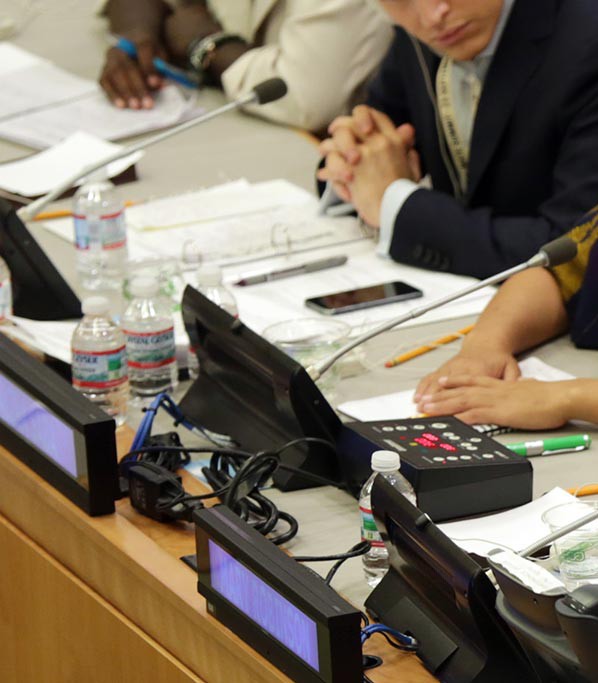About
The Mary Robinson Foundation – Climate Justice is a centre for thought leadership, education and advocacy on the struggle to secure global justice for those people vulnerable to the impacts of climate change who are usually forgotten – the poor, the disempowered and the marginalised across the world.
It is a platform for solidarity, partnership and shared engagement for all who care about global justice, whether as individuals and communities suffering injustice or as advocates for fairness in resource-rich societies.
The Foundation provides a space for facilitating action on climate justice to empower the poorest people and countries in their efforts to achieve sustainable and people-centred development.
Vision
By 2020 global justice and equity will underpin a people-centred, developmental approach to advancing climate justice and more effectively addressing the impacts of climate change.
Mission
- To put justice and equity at the heart of responses to climate change, particularly those concerned with how best to respond and adapt to the challenge that it poses for the poorest and most vulnerable peoples of the world
- To empower poor and vulnerable communities to speak directly in a way that is effectively heard both about the negative impact of climate change on their ways of life, about its potential for conflict, and about what ought to be done by way of a response, in terms of fairness and justice
- To facilitate a hearing for such communities to be able to voice their concerns about the negative impact of responses to climate change which are too rooted in technology and as a result insensitive to time and place
- To help shape an international framework which minimises the negative impact which climate change is having on poor communities around the world
- To imprint on future generations, of leaders in this field and in society generally, a strong sense of the inter-connectedness of climate change with issues of development and social justice through the promotion of a strong human rights dimension to university learning and education on climate change
- To build a shared space for information and knowledge-sharing on climate justice which is accessible to all and a source of solidarity for those concerned about climate change
- To catalyse the work of activists, individuals, groups and networks, to further the implementation of the Principles of Climate Justice
- To promote the development of technologies that result in sustainable development and promote a better quality of life among the poor and vulnerable

